The most David Lynch movie is also the least David Lynch movie.
The Straight Story, released in 1999 by Walt Disney Pictures(!), follows an elderly farmer who, upon learning his estranged brother has suffered a stroke, embarks on a cross-country journey on a John Deere riding lawnmower. Based on the true story of Alvin Straight (played here by Richard Farnsworth), the film is simple, straightforward, and kind-hearted, and full of the midwestern charm which Lynch himself exuded in real life. It is, paradoxically, the film that probably comes closest to the real David Lynch, even as it’s the least Lynchian entry in the oeuvre of a filmmaker with a whole genre named after him.
It’s that Lynch – the nice guy, the coffee lover, the one with faith in the common decency of humanity – who I find myself thinking about this week, in the wake of his death on January 16, 2025. Yes, Lynch’s films and TV shows depicted horrors, and violence, and especially the human capacity for cruelty, but they were never, even in their most extreme, cruel in and of themselves. Instead, they showed us that, even in the worst circumstances (and things tend to get very bad for Lynch protagonists), there’s still good to be found in this miserable world.
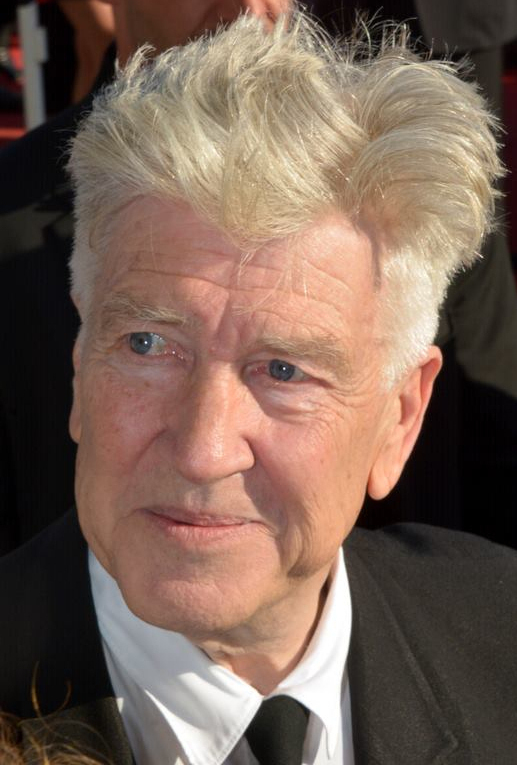
Perhaps the best way to unpack the enigma of David Lynch is to consider the first and last shots of his most disturbing film, Blue Velvet. (Spoilers follow.)
In the famous opening sequence of Blue Velvet (1986), the bright green of a suburban lawn is juxtaposed against the raw chaos of a swarm of ants devouring something squelchy in the soil below. Two hours later, when we return to that same lawn for the film’s finale, it’s for the unambiguously happy ending awarded the film’s central characters Jeffrey (long-time collaborator Kyle MacLachlan), Sandy (Laura Dern, another lifelong collaborator), and Dorothy (Isabella Rossellini). In an inversion of the opening, the film ends not with the camera panning down into the muck and violence, but up towards the bright blue sky.
Between the slow-mo shots and the ethereal singing of Julee Cruise, it’s tempting to treat this finale as ironic or satirical, especially in light of the horrors endured by these characters over the preceding two hours. But that would be a mistake: Lynch clearly wants us to know that happy endings are possible, that even after travelling to hell and back (Velvet provoked mass walkouts at its release), goodness and kindness can prevail. It’s unabashedly sentimental, and, frankly, can be confusing – I loathed Blue Velvet when I first saw it, though my opinion has softened over the years – but it’s all there on screen if you know where to look for it.
Especially in light of what came next.
(Spoilers end here.)
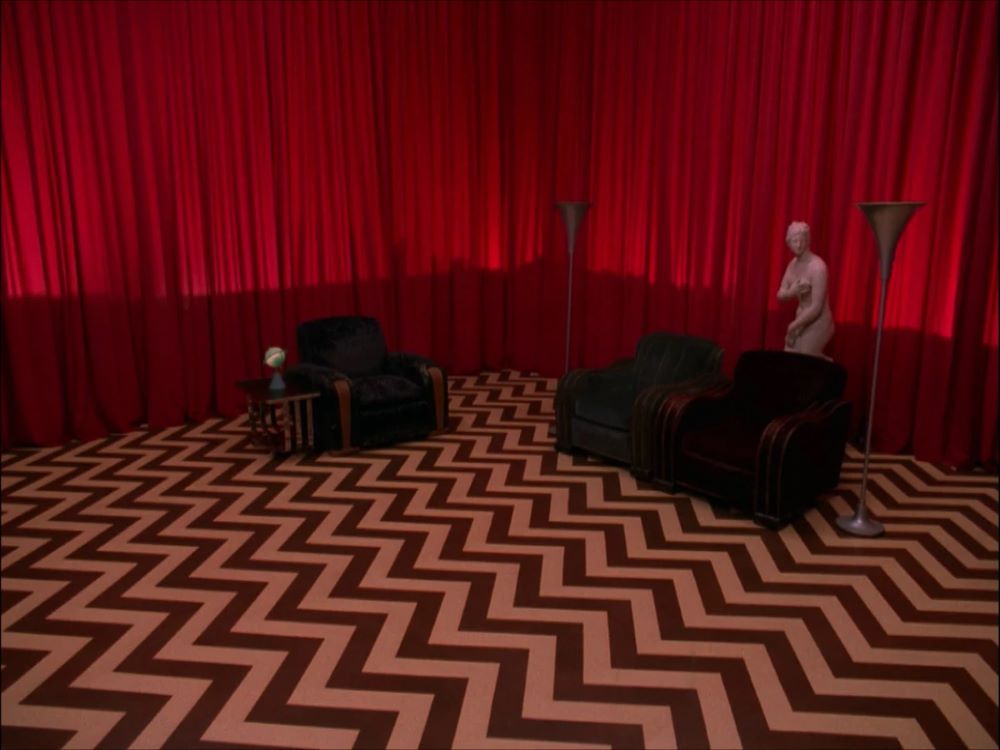
The history of television can neatly be divided into two eras: before-Twin Peaks, and after-Twin Peaks.
Lynch’s masterpiece, Peaks had basically no antecedents – Patrick McGoohan’s The Prisoner the one exception – but once it landed, it changed popular entertainment forever.
To even attempt to describe Twin Peaks, which ran for two seasons on ABC from 1990-1991, is to inevitably do it injustice. At its most basic level, it’s a murder mystery: Laura Palmer (Sheryl Lee) is dead, and FBI Agent Dale Cooper (Kyle MacLachlan, again) has been sent to the logging town of Twin Peaks to investigate. What he discovers is not one mystery but many, an endlessly unspooling web of crimes, conspiracies, and altogether weirder things, all infused with Lynch’s trademark surrealism.
In one episode, Twin Peaks might take us from an alternate dimension where everyone talks in reverse, to that quintessential American institution, the roadside diner, for a damn fine cup of coffee. That both sides of Twin Peaks – the surreal and the prosaic – exist alongside each other so effortlessly is a testament to Lynch’s visionary genius (aided, let’s not forget, by Peaks co-creator Mark Frost, who helped keep things somewhat grounded).
Twin Peaks would be nothing without its characters, in particular its everyman protagonist. As personified by Kyle MacLachlan, FBI Agent Cooper is genial, honourable, and whip smart, deeply committed to the cause of justice, and unfazed by the evil that surrounds him. Cooper’s presence is essential to Twin Peaks, and to Lynch’s insistence that the existence of good people is not only possible, but necessary.
With Twin Peaks, Lynch also demonstrated, long before the days of prestige television, that you could tell serious, adult, cinematic stories within the narrow confines of a 4:3 box, and do so without compromising your artistic vision. Funny, strange, and genuinely terrifying, Twin Peaks was unlike anything before, even as it would go on to inspire a slew of imitators. Everything from The X-Files to Lost to Marvel’s Legion owes an enormous debt to Twin Peaks, as do the countless Lynchian video games, movies, and plays which stand testament to its lasting influence.
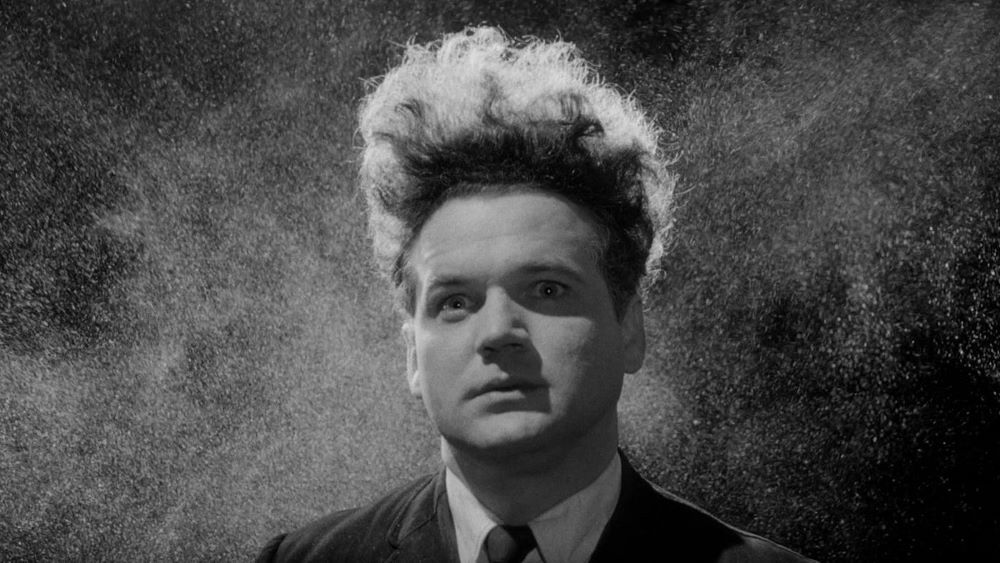
Lynch’s cinematic output was unparalleled, even if much of it is, admittedly, tough to watch.
The Lynchian urtext is the incredible – and incredibly bizarre – Eraserhead (1977), a vantablack comedy about a Job-like figure (Jack Nance) beset by a series of tragedies. Not the least of which is the arrival of his (alien? monster? demon?) baby, a misshapen creature so horrifying that, to the initiated, the phrase “Eraserhead Baby” is just as likely to elicit shudders as it is deeply uncomfortable laughter.
For a more mainstream experience, there’s Lynch’s wonderful The Elephant Man (1980), a heartfelt, sympathetic account of Joseph Merrick, the real-life mainstay of 19th century freakshows who was taken under the wing of a compassionate doctor. Nominated for eight Academy Awards, The Elephant Man was a critical and commercial success and is easily Lynch’s most accessible work outside The Straight Story.
Elephant Man was, infamously, followed by Lynch’s only real flop, his critically maligned and commercially doomed adaptation of Dune (1984). While I can’t comment on its merits – it’s the only Lynch film I’ve yet to see – it’s easy to understand why a sci-fi blockbuster would never have been a good fit for Lynch’s sensibilities.
Filmed and released alongside Twin Peaks, Wild at Heart (1990) is over-the-top to the point of absurdity, but rescued by two exuberant performances from Laura Dern and a typically unhinged Nicolas Cage. Featuring a bevy of cameos from Twin Peaks cast members, it’s an entertaining, if flawed, dark side riff on The Wizard of Oz.
Twin Peaks: Fire Walk with Me (1992), aside from serving as yet another argument against the existence of prequels, crams in all the depravity and R-rated violence only hinted at in its television predecessor. The result is a lesser, deeply unpleasant work, one that pointedly refuses to resolve the mysteries left over from the series’ premature cancellation. (Lynch diehards may disagree, but I actually think Twin Peaks worked best because of the demands of network television, Lynch forced to actually solve its central mysteries, and prevented from indulging in the more grotesque tendencies which he’d let loose in Fire Walk With Me.)
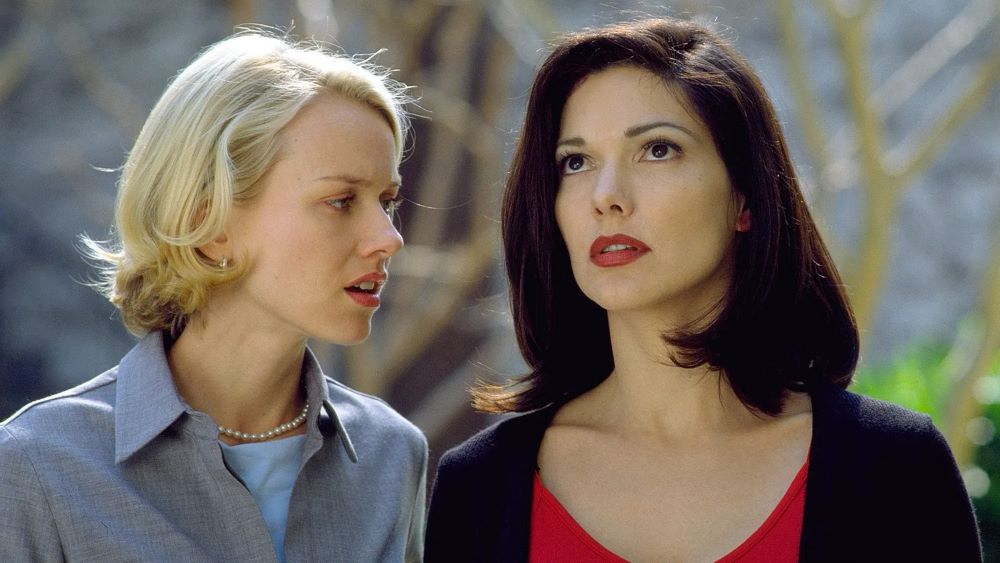
Inevitably, all Lynchian roads lead to Mulholland Drive (2001), widely considered one of the greatest films of all time.
An unofficial companion piece to Twin Peaks, Mulholland Drive started life as a rejected TV pilot, before Lynch reworked it into the two-and-a-half-hour surrealist neo-noir we know today, confounding and winning over audiences in equal measure. Earning the best director prize at Cannes (though nominated for an Oscar, Lynch ultimately lost to, laughably, Ron Howard), Mulholland Drive is pure unadulterated Lynch, the perfect synthesis of the themes, styles, and dark magic he spent a lifetime experimenting with.
Like Twin Peaks, Mulholland Drive centers on a youthful innocent caught up in a surreal mystery, Naomi Watts (one in a long line of Hitchcockian blondes favoured by Lynch) putting in an indelible performance as Hollywood ingénue Betty Elms (she’s from Deep River, Ontario!). Over the course of several very strange days, Betty’s encounters with a beautiful amnesiac (Laura Harring), asshole movie director (Justin Theroux), and other oddballs all serve as a tour through the seedier side of La La Land – including, for what it’s worth, possibly the single-scariest moment in film history. (Please do not spoil it for yourself by watching it out of context.) Like much of Lynch’s post-Peaks output, Mulholland Drive is chock-full of images borrowed from and allusions to Twin Peaks, even as it resolutely refuses to provide the kinds of answers Lynch was forced to dole out on TV.
The remaining bits of Lynch’s filmography are oddities, if entertaining ones. Lost Highway (1997) is the closest Lynch ever got to a classic noir, right down to plot threads borrowed from Double Indemnity and Kiss Me Deadly; Lynch’s final film, Inland Empire (2006), shot on digital video, plays like the world’s eeriest home movie.
In addition to, once again, packing in several allusions to Twin Peaks, both Highway and Empire see Lynch’s fascination with doppelgängers and blurred identities on fine display: in Highway, Patricia Arquette tackles multiple roles as a pair of femmes fatales who haunt Bill Pullman and Balthazar Getty, who may or may not be playing the same character; in Empire, it’s Lynch muse Laura Dern who pulls double-duty as actress and character in Empire’s film-within-the-film (her costar is played by Mulholland Drive‘s Justin Theroux). Lost Highway and Inland Empire are at their best when they go full weird, with extended nightmare sequences – Empire’s goes on for over an hour – full of haunting imagery.
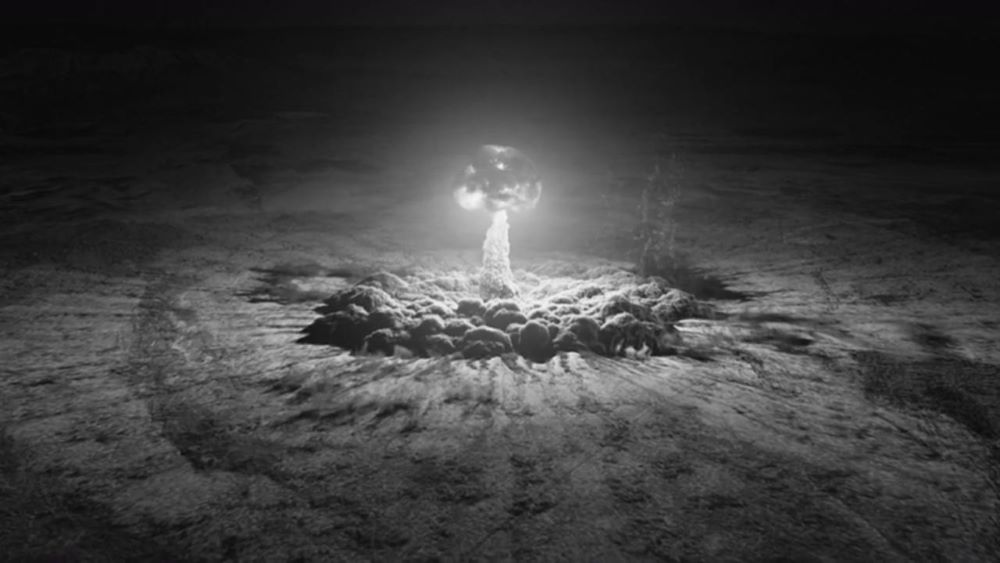
On the small screen, Lynch’s post-Twin Peaks experiments – surrealist sitcom On the Air (1992), anthology series Hotel Room (1993) – failed to live up to the hype, but it would take a return to Twin Peaks, some twenty-five years later, for Lynch to demonstrate he still had utter command of the form.
A quarter century after ending things on a cliffhanger, Lynch kickstarts Twin Peaks: The Return (2017) by answering a key unresolved question… and then drags that answer out for another eighteen episodes, nearly the length of the entire original run. Often played like a joke at the expense of its audience, The Return responds to the demand for more Dale Cooper by giving us not one but two Kyle MacLachlans (there are those doppelgängers again), neither of which is actually the Dale we left behind at the end of Season 2. Still, payoffs abound for those who waited patiently for “that gum you like to come back in style”, with satisfying resolutions to major and minor plot threads, the return of fan favourites, and a whole new set of cosmic mysteries to break brains and inspire think pieces.
The Return is also where Lynch’s impeccable musical instincts reach their peak. While music had long been a core feature of Lynch’s work – the Angelo Badalamenti theme from Twin Peaks is perfect, though many consider Lynch’s best musical moment to be “Club Silencio” in Mulholland Drive – it’s in The Return where Lynch flat-out hands over large chunks of each episode for performances from his favourite bands, many of whom Lynch had worked with on his own musical projects. Hence, the amusing incongruity of acts like Nine Inch Nails, Eddie Vedder, or long-time Lynch collaborator Julee Cruise slumming it at some random dive bar in a small logging town in northern Washington.
The Return also gifted us with easily one of the finest hours of television, the now-legendary “Part 8”, which doubles as a breathtaking hour-long experimental film and as a clear thesis statement about, of all things, the absolute evil of nuclear weapons. If not quite Lynch’s best moment, it undoubtedly represents the apotheosis of his body of work.
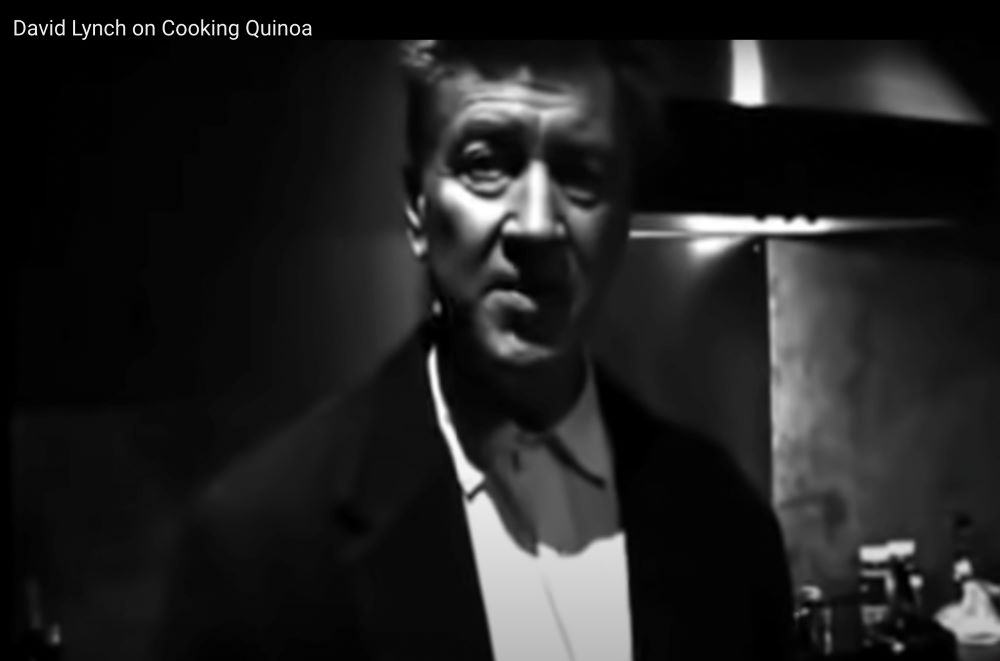
It may be hard to believe for those who only know Lynch by reputation, but the late auter was also possessed of a fantastic, if decidedly off-kilter, sense of humour. His projects are suffused with comedy, whether it’s the comic antics of Andy (Harry Goaz) and Lucy (Kimmy Robertson) in Twin Peaks, or Lynch’s own propensity for showing up in the oddest of places, like his hilarious cameo at the tail end of Steven Spielberg’s The Fabelmans (2022, his final on-screen role). Like fellow oddball Werner Herzog, Lynch had a keen sense of his own reputation, indulging viewers with his deadpan delivery of twenty-minute-long cooking videos or daily weather reports.
He was also, it bears mentioning, an all-around nice guy. It’s a theme that recurs in the tributes which have poured in from those who worked with him, and, in media appearances, he always carried himself with the same affability and plainspoken charm of his most likeable characters.
One of whom he played himself.
Over the past week, several quotes have been making the rounds on social media, lifted from Lynch’s own performance as FBI Bureau Chief Gordon Cole in Twin Peaks.
Towards the end of The Return (in what would prove to be Lynch’s final on-screen appearance in the universe he created), Gordon Cole is discussing his (incredibly bizarre, magic-infused) plan for tackling the resurgent threat of an ancient evil. At one point, Cole mentions off-hand that Phillip Jeffries, the character played by David Bowie in Fire Walk With Me, “doesn’t really exist anymore—at least not in a normal sense.”
David Bowie had died in January 2016, a long battle with cancer preventing him from reprising his role in The Return. Gordon Cole’s casual remark, is, at once, a piece of in-universe lore (we learn elsewhere that Jeffries has been transformed into a sort-of mystical tea kettle) and a metatextual acknowledgement of Bowie’s extraordinary legacy. It is, in its small way, one legendary David paying tribute to another.
And, I think, a fitting way to remember Lynch as well.
He doesn’t really exist anymore, at least not in a normal sense, but his art lives on, the influence of the Lynchian seen in everything, everywhere. (Barely a week before he died, I texted a friend about experiencing “peak Lynch” while watching a weirdly good jam band cover Del Shannon’s “Runaway”.)
Unique, elusive, and entirely sui generis, Lynch always knew exactly what he wanted to say, and how he wanted to say it. Even as he never resisted the opportunity to confound the hell out of the rest of us.
***
Despite never winning a single Emmy or competitive Oscar (he received a Lifetime Achievement Award in 2019), Lynch was nominated for eight Emmys, 4 Academy Awards, and at Cannes won Best Director for Mulholland Drive (2001) and the Palme d’Or for Wild at Heart (1990).
